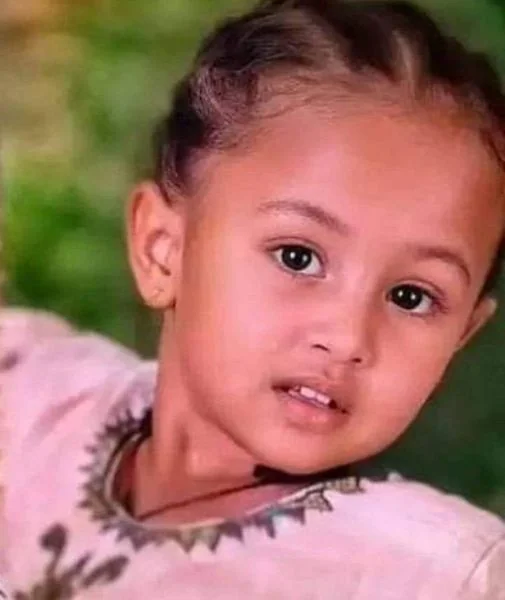
Outrage in Ethiopia Over Getnet Baye’s 25-Year Sentence for Raping and Killing 7-Year-Old Heaven Awot
Fiona Nanna, ForeMedia News
6 minutes read. Updated 12:20AM GMT Wed, 21August, 2024
In a case that has shocked Ethiopia, the sentencing of Getnet Baye to 25 years in prison for the brutal rape and murder of seven-year-old Heaven Awot has ignited a firestorm of outrage across the country. Many Ethiopians argue that the punishment does not adequately reflect the gravity of the crime, with calls for a harsher sentence growing louder.
Heaven Awot, a young girl from Bahir Dar in the Amhara region, was attacked by her mother’s landlord, Getnet Baye, last August. The crime, described as heinous and inhumane, resulted in Heaven’s death and has left a profound impact on her grieving family. The case’s recent development saw Getnet being sentenced last week, but the ruling has been met with widespread condemnation and calls for justice.
Related Article: The Rising Concerns Over Child Safety in Ethiopia
Following the sentencing, Getnet has announced his intention to appeal the court’s decision. The case has been postponed until October, adding to the frustration and anger of those who feel that justice is being delayed.
Abekyelesh Adeba, Heaven’s devastated mother, described her emotional state as “lifeless” after the loss of her daughter. In an interview with the BBC, Abekyelesh expressed her despair and the ongoing sense of injustice. She has found some solace in the outpouring of support, with over 200,000 people signing an online petition demanding a more severe sentence and advocating for her family.
The Ethiopian Women Lawyers Association (EWLA) has strongly criticized the 25-year sentence as insufficient. They argue that life imprisonment or even the death penalty would be more fitting given the crime’s severity and the young victim’s age. The sentiment has been echoed by government officials, including Minister for Women and Social Affairs, Ergogie Tesfaye. Tesfaye condemned the ruling as inadequate, labeling the crime as “inhumane” and vowing to push for reforms.
The tragic case of Heaven Awot has sparked a broader national conversation about the safety of women and girls in Ethiopia. A recent Human Rights Watch report underscores an alarming increase in sexual violence, which is reportedly linked to the ongoing conflict in the Tigray region.
Heaven’s family had already been suffering due to the Tigray conflict, with her father imprisoned and subsequently fleeing to Tigray. The family’s trust in their landlord was shattered when Getnet attacked Heaven while she was in the care of her aunt. Her mutilated body was discovered outside their home, adding to the trauma experienced by her family.
Abekyelesh’s anguish was further exacerbated by Getnet’s temporary escape from custody, facilitated by a local militia break-in. For nearly a month, Getnet managed to evade capture, during which time he reportedly threatened Abekyelesh, forcing her to live in constant fear and move frequently.
The ongoing appeal and the threat of an inadequate final ruling have left Abekyelesh in a state of uncertainty. She fears that if Getnet’s appeal is successful, justice for her daughter may remain elusive. “I have lost my Heaven… I am lifeless,” Abekyelesh lamented. As a health worker, she acknowledges that her daughter’s case is not an isolated incident but part of a larger, disturbing trend of violence against women and girls in Ethiopia.
Read More: The Impact of the Tigray Conflict on Ethiopian Families

